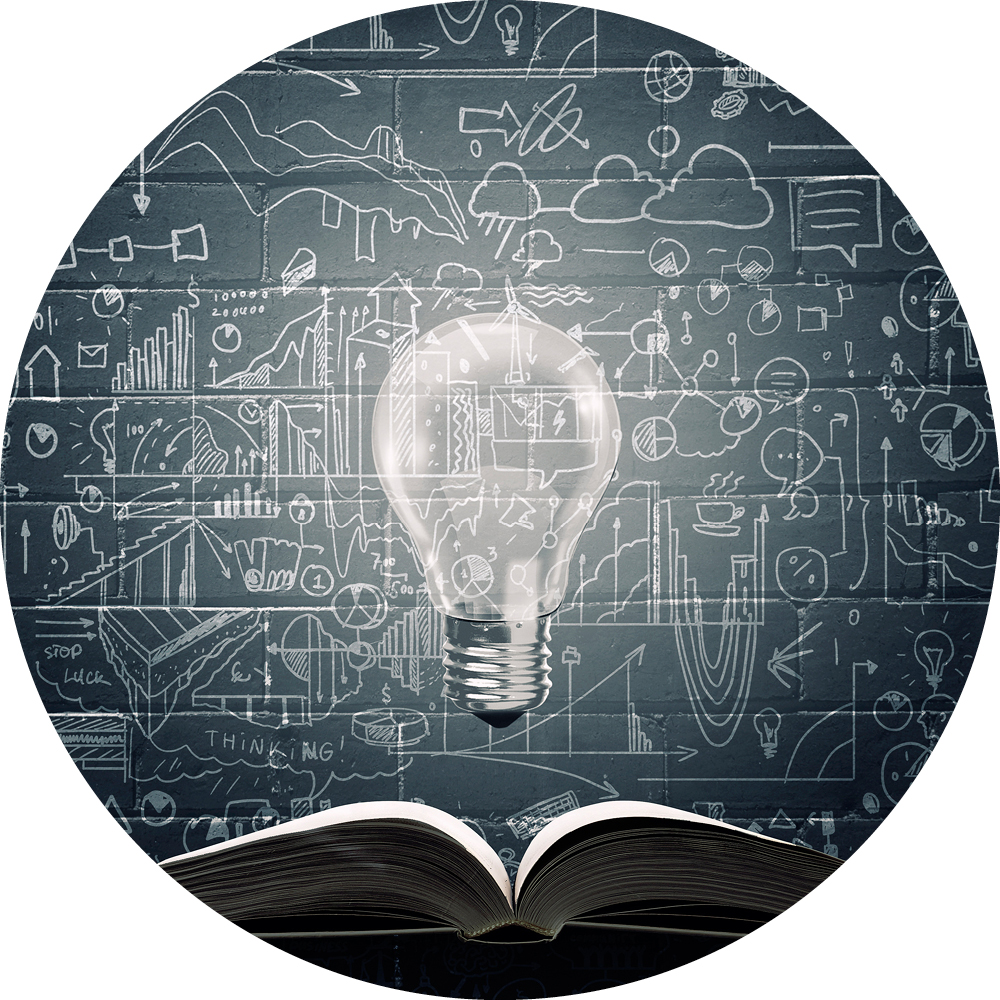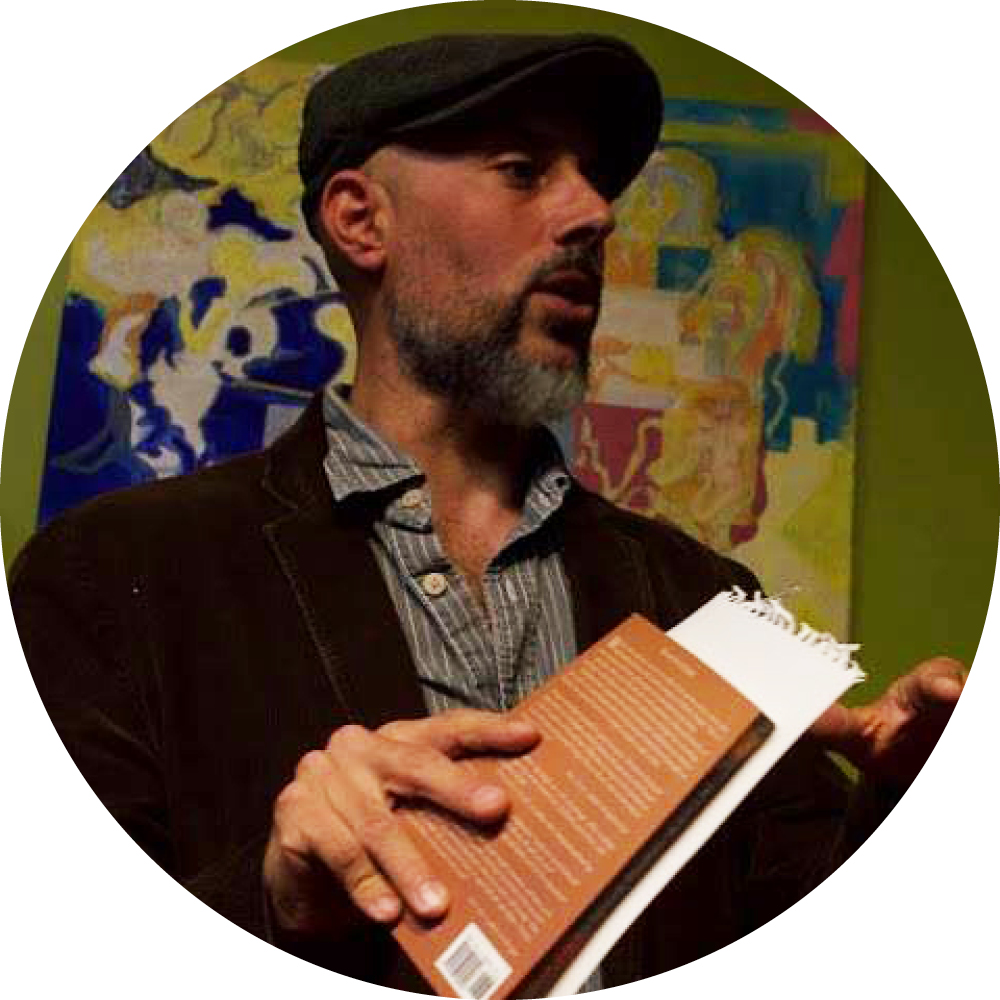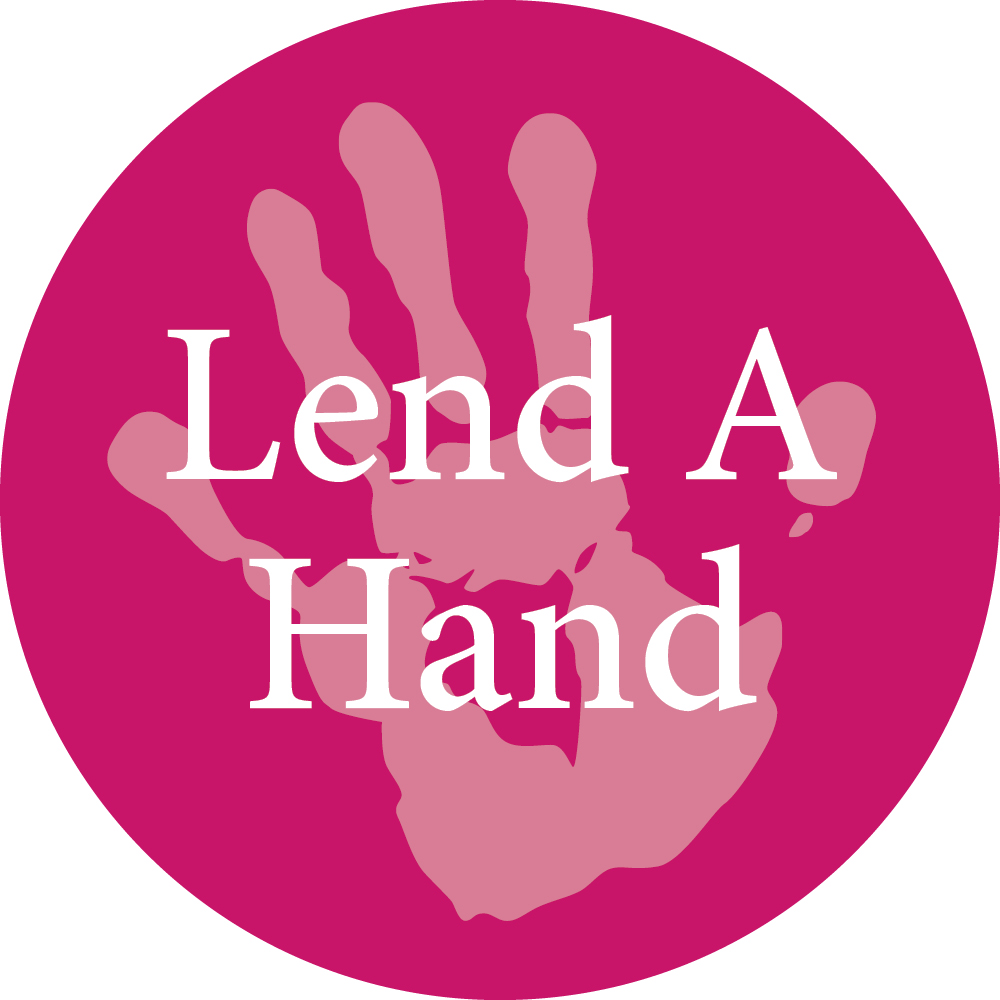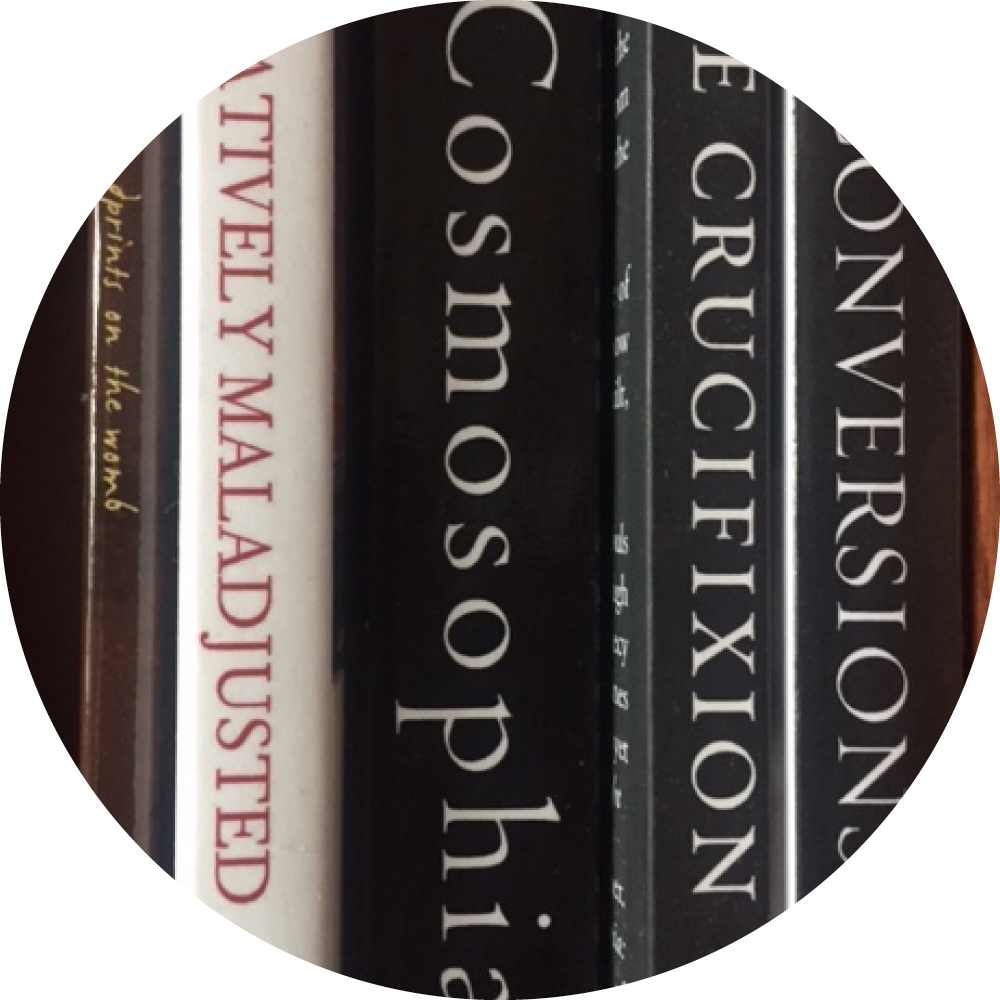It’s Time to Reclaim
the Apocalypse
By Rev. Chelsea MacMillan
What comes to mind when you see or hear the word “apocalypse”? Catastrophe? Collapse? Zombies? Lately, for me, it’s been the images from Australia of baby kangaroos burned to a crisp and thousands of people stranded on a beach, surrounded by fire. For others, it’s the slow dismantling of our democracy. With the climate crisis intensifying and political turmoil escalating around the world, the apocalypse seems to be in the collective consciousness more and more.
I have noticed an increase in the number of times the word is mentioned on a day-to-day basis. In casual conversation, my friends and I shyly wonder aloud if we should prepare go-bags or stock up on food and water in case “something” were to happen.
What we think this “something” is, no one is quite sure. Another superstorm whose ocean surges force us to higher land? Some sort of nuclear holocaust? What if the stock market crashes and suddenly there’s chaos in the streets? None of us can know for sure what will happen, though what does seem certain is this sense that humanity is heading toward some sort of tragic fall.
Sometimes, these conversations are humorous. I often half-jokingly tell people I overcame my caffeine addiction because of the impending apocalypse; I figure, if I’m running through the streets of New York City, trying to figure out survival, I don’t want to be dealing with a withdrawal headache. I have stopped expecting people to laugh with me when I tell them this. More often than not, they respond with a look of realization. “Oh,” they say. “I never thought of that.”
Recently, I saw a tweet that said, “Retweet this if your retirement plan is basically, ‘Civilization will probably crumble before I’m 65 and money will be meaningless anyway.’” I’ve joked with my friends, too, about this very thing, as if we can all sense that, one day, possibly soon, life as we know it will be gone.
It seems to me that there is more than just a little bit of truth to these jokes. But, who could blame us for making them? Laughter helps ease the tension that comes with thinking about the unthinkable.
Popular culture certainly doesn’t help allay any of the fear. TV shows and films are full of dark images of a post-apocalyptic, dystopian future. Abandoned cities. Violence. Hungry humans who look out for only themselves. Will art soon become reality?
But it doesn’t have to be this way. In fact, in the original Greek, the word “apocalypse” means to “uncover” or “unveil.” Apocalypse is more of a revelation than the end of the world. Taken this way, not only can we reframe our relationship to this word, but we can also reclaim it.
What would it mean to lift the veil on a world of separation and greed? What would it mean to strip away the lies of self-sufficiency and despair that pervade our collective consciousness? What if we understood the apocalypse to be a laying bare of anything that stands in the way of the truth of our interconnectedness?
People all around the world have already been lifting the veil to expose the dark underbelly of white supremacy and systemic racism, of patriarchy and sexism, of economic systems that exploit all but a chosen few. All of these are social constructs, lies that tell us a certain kind of human being is better than another, that tell us we are all in it for ourselves. But, underneath all of this social conditioning is the potential of a world in which all humans can flourish. This world arises out of an awareness of our inherent interconnectedness. An interconnected world is a world in which we take care of one another.
Of course, this “new” world is more of a remembering of something ancient, something we already know deep in our bones. Many indigenous cultures have never lost the knowledge that humans are part of the living earth, that we are all related to each other and all creatures on this planet. This spirit of connection is indigenous to all of us, whether we’ve forgotten it or not.
In this way, the apocalypse is a revelation, a startlingly realization of what has been there all along. When we reconnect to ourselves, each other, the living earth, and Spirit, we reconnect to what is most life-giving. That aliveness shows us what matters most – that which we really and truly love. And when we tap into that, we become more courageous, more caring, and powerful – qualities that we’re going to need when the world looks a lot different than it does now.
The truth is, the world is already changing. To reclaim the apocalypse means to admit that it is happening now.
When we get really present with the reality of our situation, we can listen deeply to what’s needed right here, right now. In the response to that call, we find purpose, which is how we start to embody radical love and channel our unique skills, gifts, and passions into service of a rapidly changing world.
This isn’t some sort of la-dee-da kind of love. It’s a fiery, bring-you-to-your-knees kind of love that will burn away anything that stands in its way. Nor is “reclaiming” the apocalypse simply a positive reframe on our circumstances. Real shit is happening on the planet and it could get far worse. Reclaiming the apocalypse will require a kind of resilience never before known to most of us. It will require radical inner and outer transformation. It will require all of us as we step into the unknown together.
But. And this is a big BUT. As intense and scary and overwhelming as this time may be, it’s probably also the most exciting time to have ever been alive on this planet. This is the time to tap into our wild creativity and our deep compassion. The apocalypse we’re currently in is a chance to risk everything for joy, to risk everything for the achingly beautiful planet that we are part of. Why would we waste time doing anything but?
It’s time to lift the veil.
Why am I so excited about the apocalypse? A little over eight years ago, I had an existential crisis that almost killed me. I was 24 years old, had just moved to New York City, and was waking up to the reality of the climate breakdown, white supremacy, patriarchy, and the horrors of late-stage capitalism. Not only was I overcome with despair at the state of the world, but I also couldn’t deal with the fact that I was complicit in the harm. And no matter how much I decreased my carbon footprint or protested, I never would not be complicit. For months, I contemplated suicide – not because I didn’t want to live, but because I didn’t think I should. I genuinely thought the world would be better off without one more person adding to the harm equation.
I wish I could say I had a lightbulb moment when I realized the meaning of life. The world as I knew it had fallen apart and I could barely make sense out of the pieces of it. The existential crisis I was going through internally mirrored the existential crisis I was witnessing outside of me.
But, by moving into those scary places, I found out what I’m made of. What literally saved my life was probably grasping onto a mere kernel of curiosity deep inside my soul; I wanted to see how things turned out. I didn’t know why I was alive, but I was.
I still can’t tell you the answer, but I can tell you what I’ve learned. I’ve learned how to live in the unknown. I’ve learned that the more my heart has broken open for all of the hurt in the world, the more my capacity has grown for joy. And, I’ve learned that the less time and energy I spend on being afraid and trying to resist the mind-boggling destruction and violence occurring on the planet at any given moment, the more time and energy I have to put toward doing my part in responding to the cries of the earth.
And, there’s nothing more exciting than being able to bring my full self – my gifts, my passions, my heartbreaks – to loving the world in the way that I know how.
The ending of one world can be the beginning of a new world – one in which we are more connected to ourselves, each other, and the living earth. As we lift the veil together, we will create, as Charles Eisenstein put it, “the more beautiful world our hearts know is possible.”
About The Author
Rev. Chelsea MacMillian
Rev. Chelsea MacMillan is a minister for the spiritual-but-not-religious, activist, writer, and spiritual director. She’s cofounder of Brooklyn Center for Sacred Activism, cohost of The Rising: Spirituality for Revolution podcast, and her writing has appeared previously in Anchor Magazine, Anatomy of Silence, and Matthew Fox’s Order of the Sacred Earth. www.chelseamacmillan.com
Re-sources
Re-Imagining Education

Empowering educators to take a deeper look at the stories told in our schools and to re-imagine them in transformative and
nurturing learning spaces.
Learning Opportunities

Classes, workshops, and lectures that help to empower people to re-imagine who they are and their place in the world.
Get Involved

Help the Chicago Wisdom Project realize its mission to re-imagine education through holistic programming that transforms individual, community and world through creative expression.
